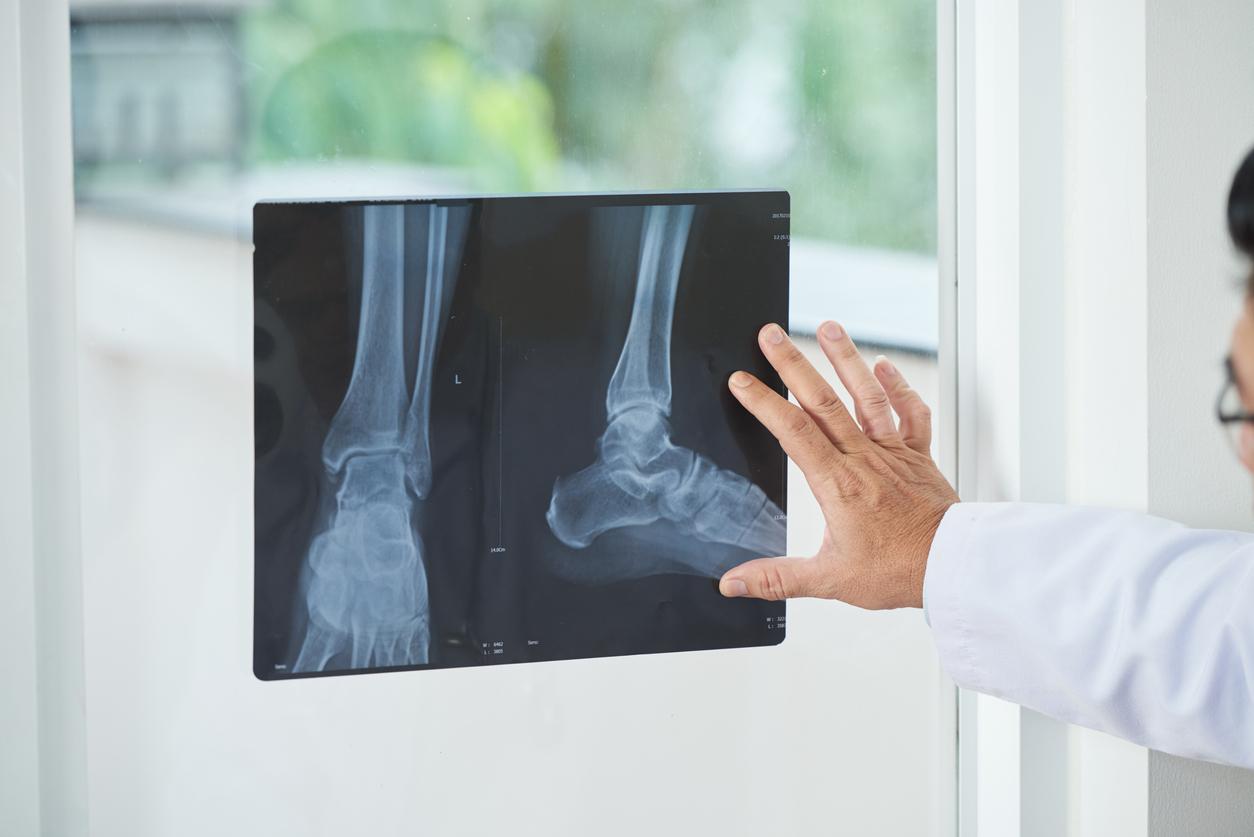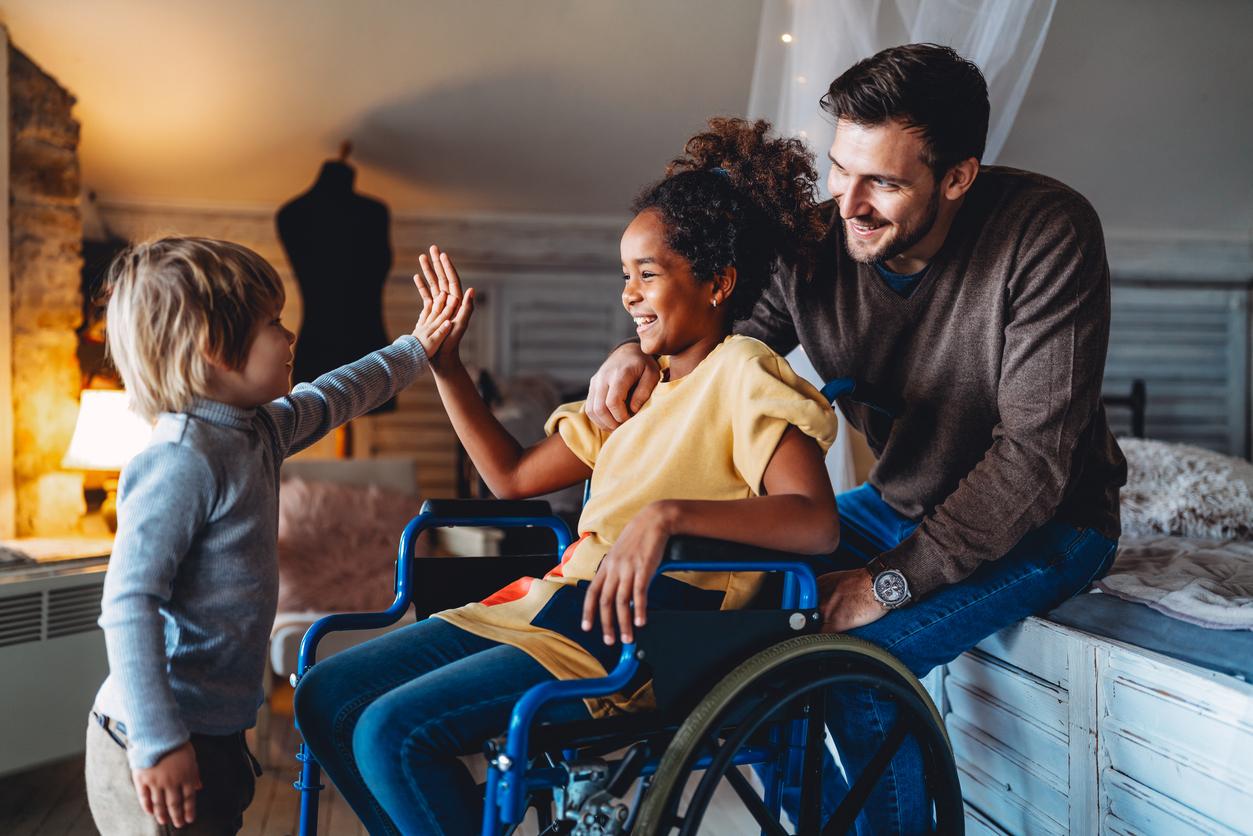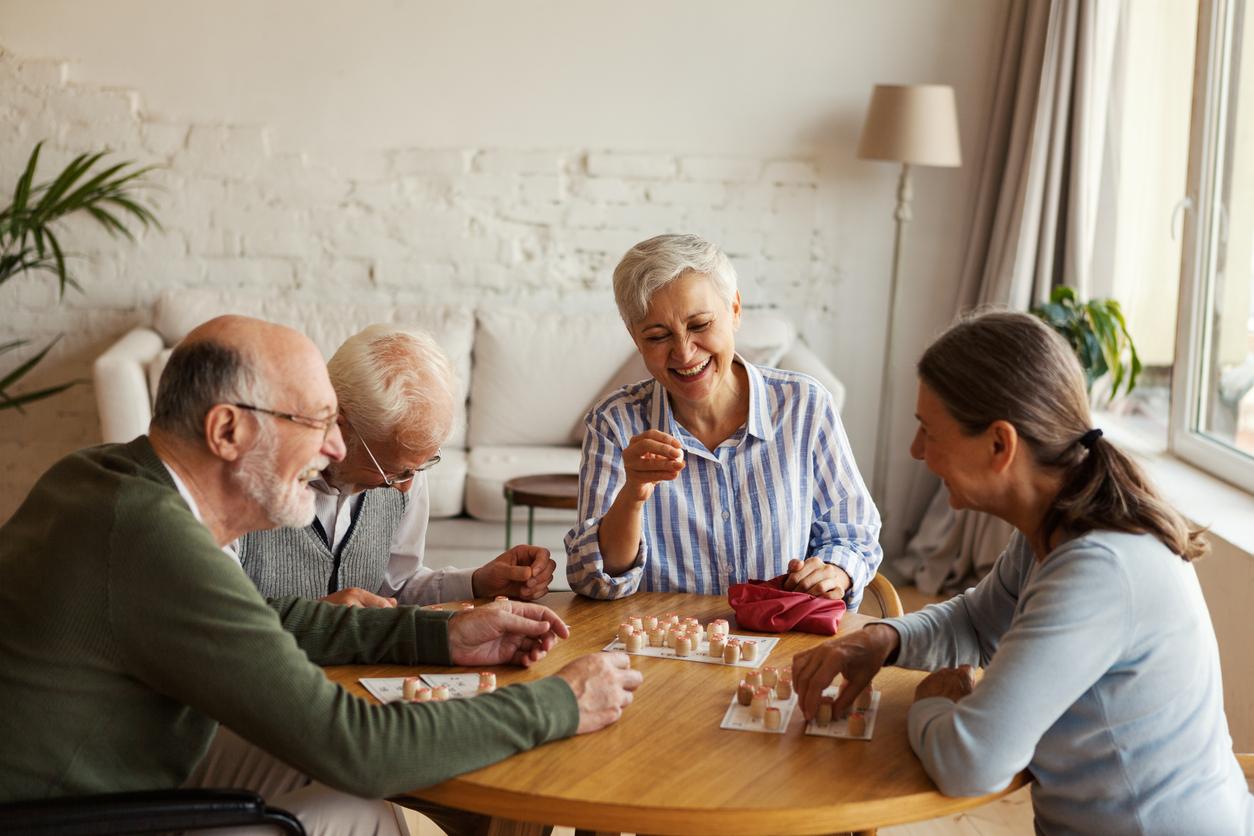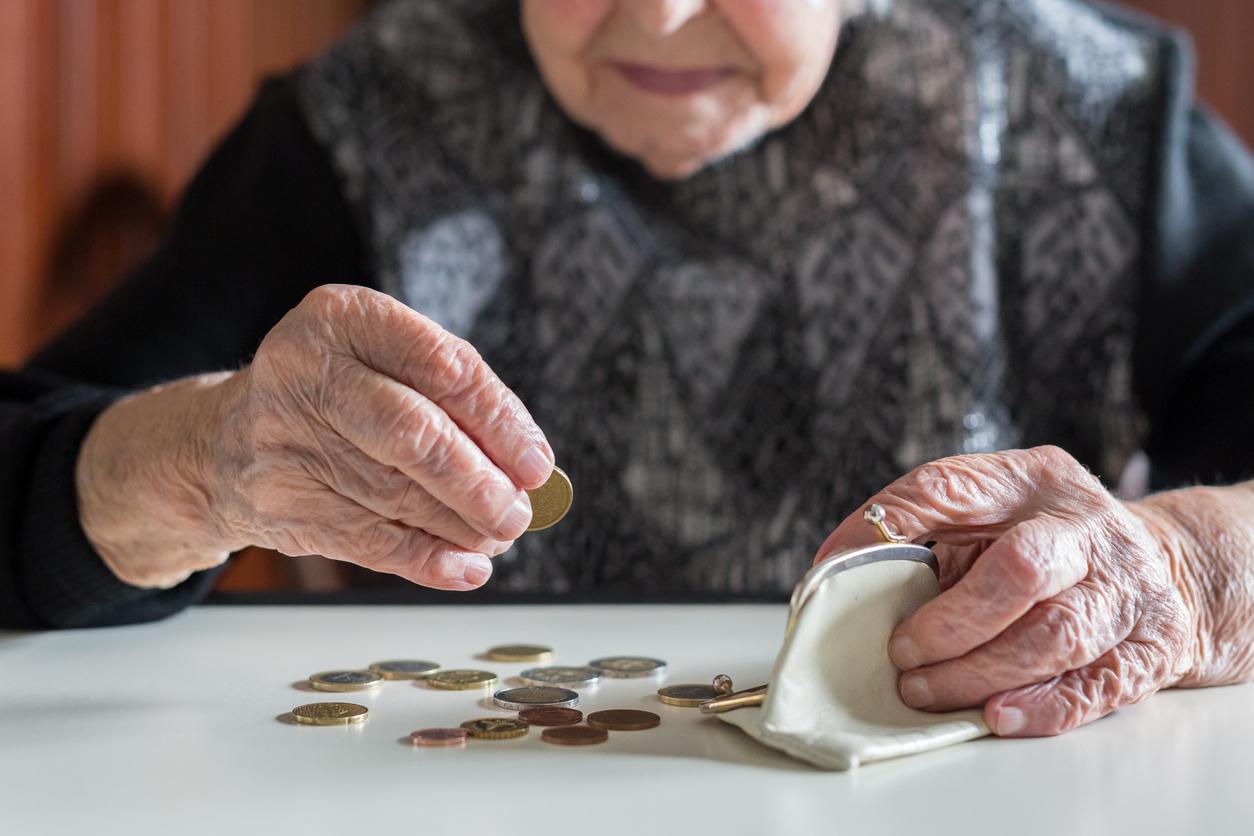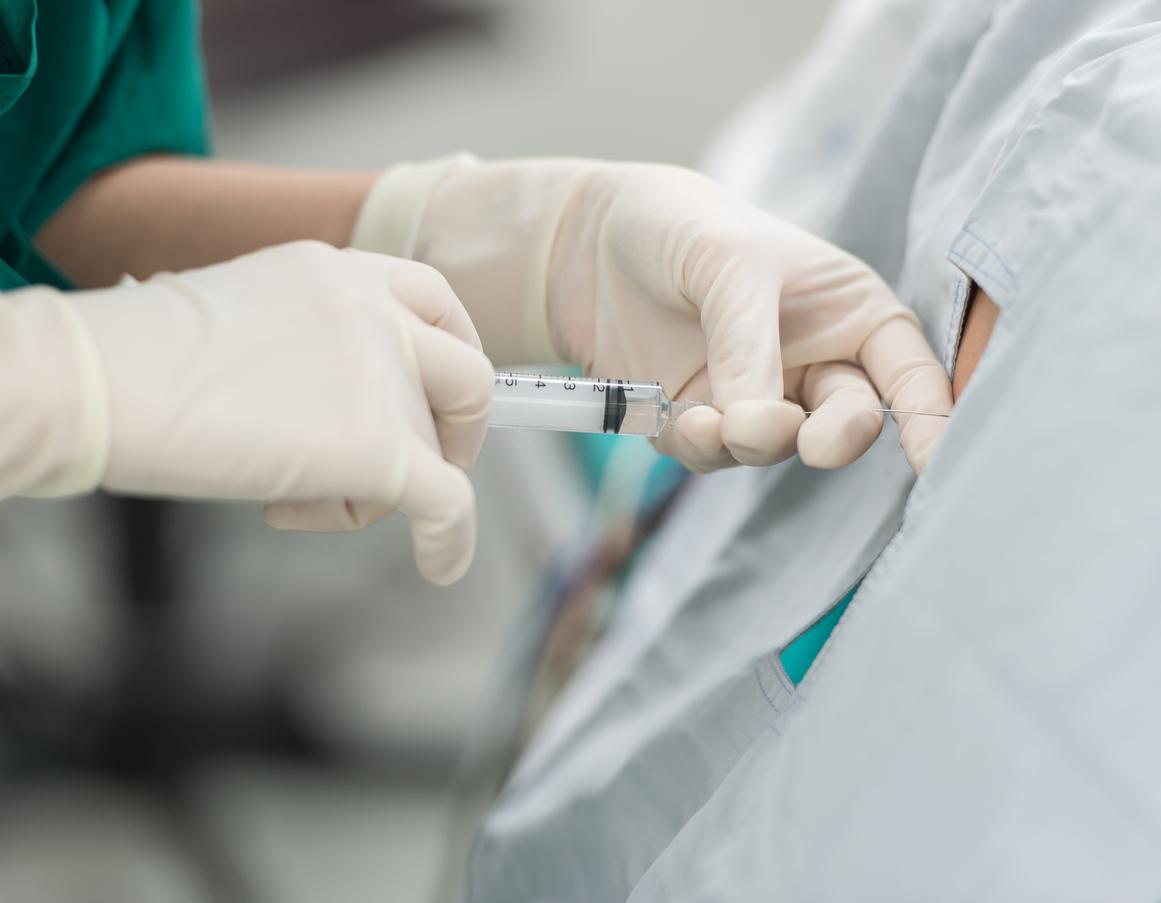Acne affects about 80% of adolescents and 15% of them have a severe form. This dermatological disease can have significant consequences both physically and psychologically.
“In a world of ubiquitous communication, in which the look plays an important role, we fear being judged by others according to the image we present to them” explains Pr Misery, Head of the Dermatology Department at Brest University Hospital .
An illness experienced as a disaster
The results of the survey carried out by the Pierre Fabre/CSA health laboratory speak for themselves.
87% of people withacne severe believe that their acne pimples have affected their daily life, or their romantic relationships. Almost all patients (95%) consider this to be a problem. It is even experienced as a disaster in nearly 70% of cases.
The majority of patients with severe acne (92%) constantly feel anxiety and worry about their disease.
For example, 2/3 of them have already avoided public locker rooms because of their complexes. Similarly, many in-betweens will not dare to expose themselves on the beach this summer.
“At an age when self-confidence is acquired, acne can therefore hamper the psycho-social development of the future adult. It has also been shown that the rate of depressive symptoms is statistically higher in patients than in non-acne sufferers (20 to 51% versus 14 to 20%), 70% of young people aged 15 to 24 experiencing a feeling of anguish or concern about their skin” recalls the experts in a press release.
Acne is curable
38% of people affected by acne and 17% of those with severe acne do not consult doctors. However, many medical solutions exist to treat this disease.
The Pierre Fabre laboratory launches an information site on severe acne www.acne-severe.com to help patients get informed, understand their disease and above all reassure themselves by reminding them of effective therapeutic solutions.
However, nothing beats a medical consultation.
“Of course, information is very important,” explains Dr. Consoli, psychotherapist dermatologist in Paris, “but it must be associated with the dermatologist’s approach, who will be able to assess and objectify the share of psychological suffering and the repercussions social, professional and romantic, not always proportional to the severity of the acne”.





